News

Aug 19, 2025
Eberly College introduces Science Matters: Spotlight Sessions outreach events
The Penn State Eberly College of Science is introducing a new series of outreach events — titled Science Matters: Spotlight Sessions — to provide a unique opportunity for the community to engage directly with the brilliant minds working on the front lines of discovery to create positive, real-world impact.
Full Article

Aug 05, 2025
Huck names new associate director for graduate education
Penn State Professor of Anthropology David Puts has been named the associate director for graduate education at the Huck Institutes of the Life Sciences.
Full Article

Aug 01, 2025
HGSAC co-chairs recognized for symposium success
The outgoing co-chairs of the Huck Graduate Student Advisory Committee, the body representing graduate students in the six Huck-run degree programs, were recognized for their service at a recent meeting of the Huck Executive Committee.
Full Article

Jul 23, 2025
Next-gen tech can detect disease biomarker in period blood
Proof-of-concept, at-home device can detect biomarker for endometriosis — a debilitating uterine disease — in 10 minutes; advancement makes early detection easier, more accessible, researchers say.
Full Article
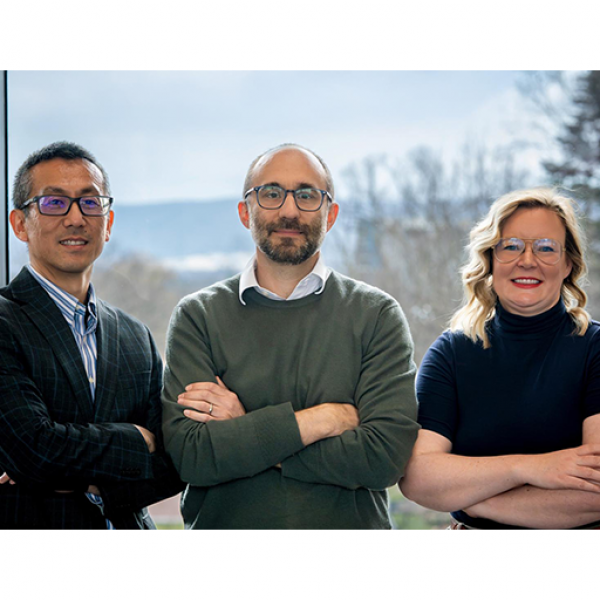
Jul 17, 2025
When dreams turn dark: Neuroscientists to study nightmares and mental health
Dreams, and likely nightmares, are experienced universally across humans and animals, but neuroscientists still do not know why. Now, with a three-year, $1.2 million grant from the W.M. Keck Foundation, an interdisciplinary team of researchers at Penn State will study the underlying mechanisms of nightmares and their relationship with anxiety-related mental health disorders, such as post-traumatic stress disorder (PTSD).
Full Article
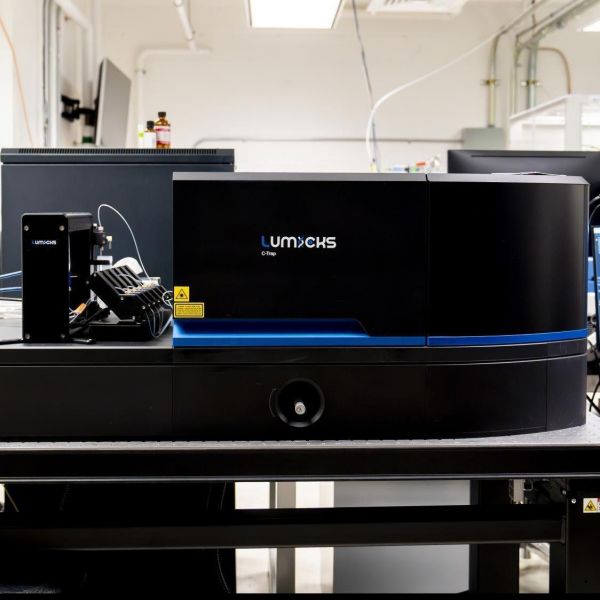
Jul 16, 2025
Optical tweezers help elevate single-molecule research at Penn State
The instrument, supported by a new NIH infrastructure grant, uses laser light to ‘tweeze’ tiny objects like DNA molecules and proteins.
Full Article
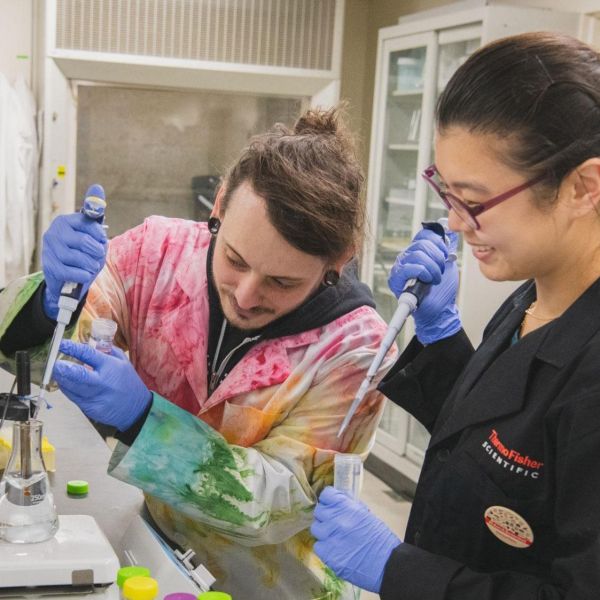
Jul 14, 2025
The breadth of the brain
Researchers in the Penn State Neuroscience Institute study the brain’s many aspects in a variety of ways, with implications from mental health to aging and disease.
Full Article
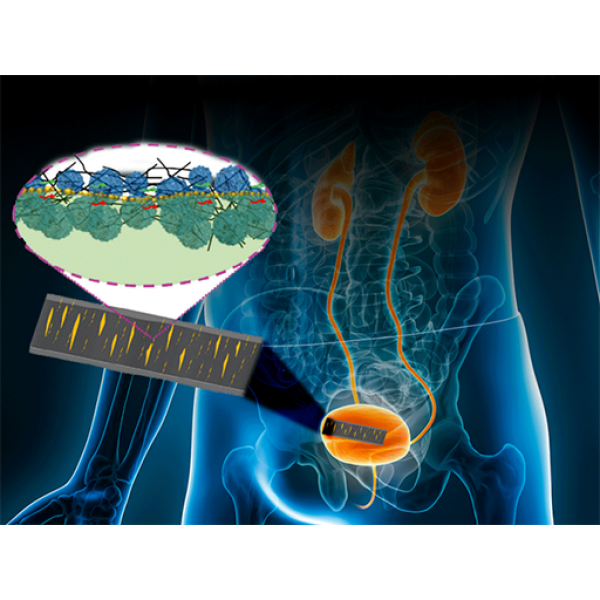
Jul 10, 2025
Skin-like sensor monitors internal, external body movement, electrical signals
A new skin-like sensor developed by an international team led by researchers at Penn State could help doctors monitor vital signs more accurately, track healing after surgery and even help patients with bladder control issues.
Full Article
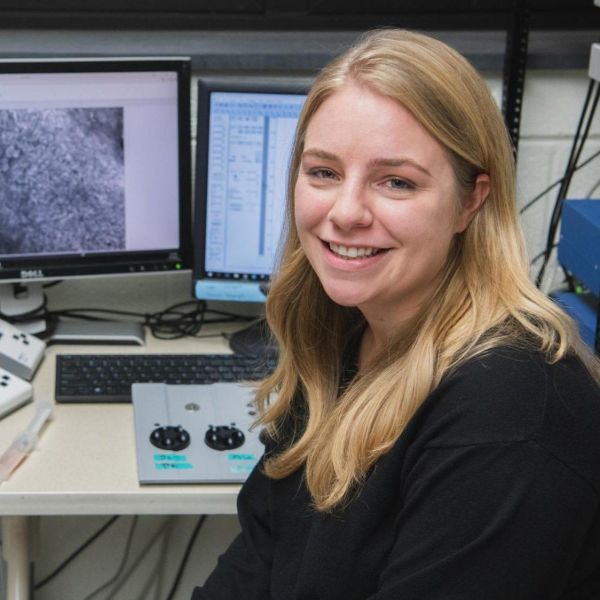
Jul 08, 2025
Q&A: Does adolescent alcohol use impact future risk of addiction?
Postdoctoral fellow Laurel Seemiller studies the biology and long-term consequences of adolescent alcohol usage. In this Q&A, Seemiller spoke about her research and her experience at Penn State.
Full Article
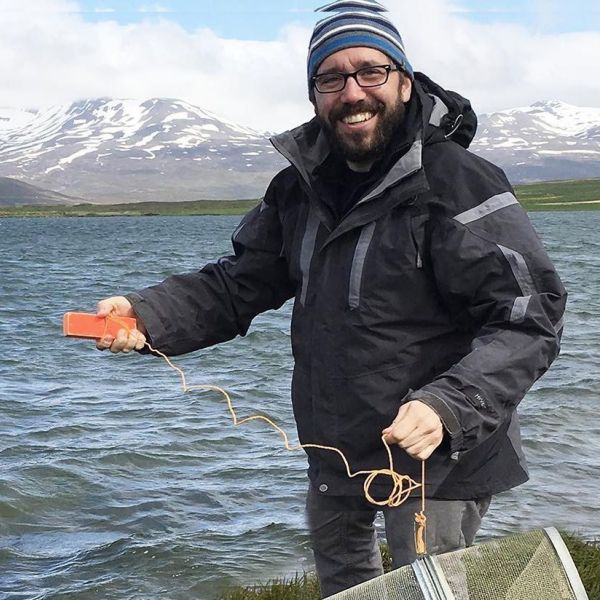
Jul 07, 2025
‘Scialog’ grant to study how rising ocean temperatures affect fish behavior
A wildlife behavioral ecologist at Penn State is part of a multi-institution team that received funding from Scialog: Neurobiology and Changing Ecosystems, a international three-year initiative that aims to spark new science exploring neurobiological responses to rapidly changing environments.
Full Article